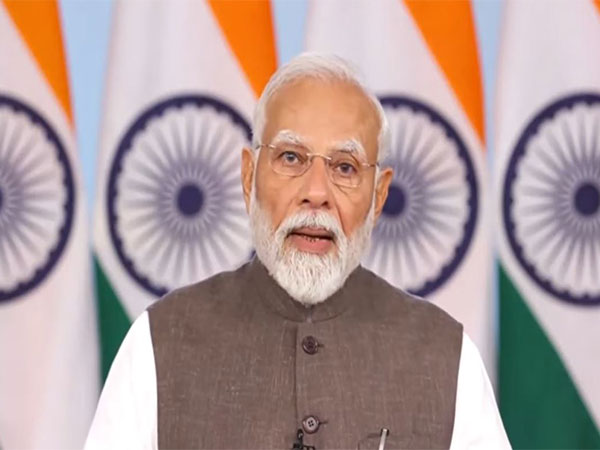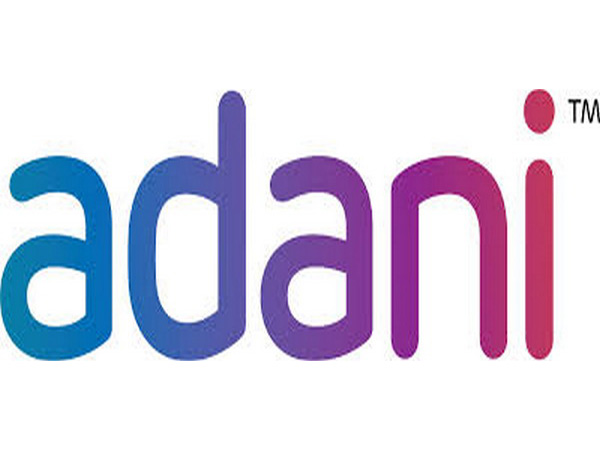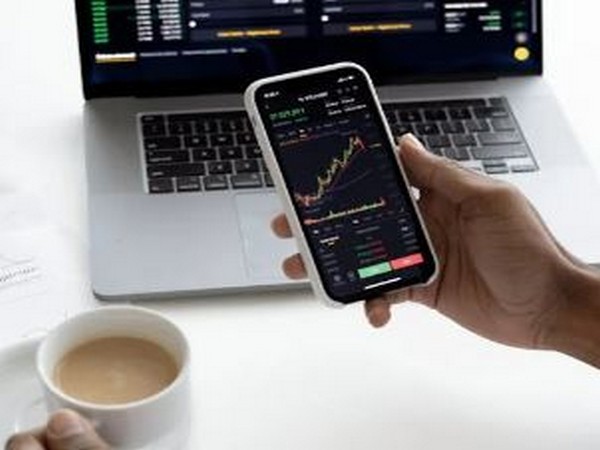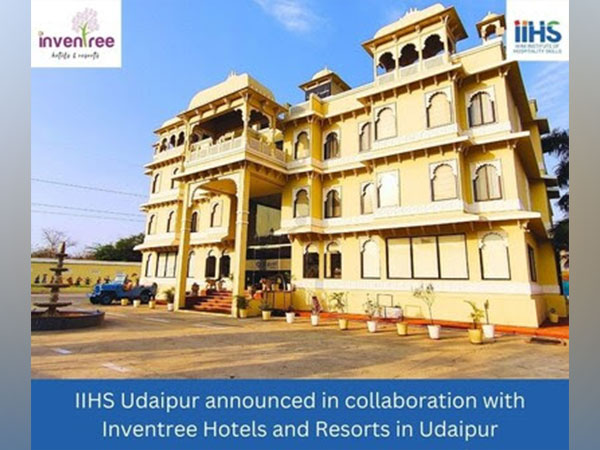By John Solomou
Nicosia [Cyprus], June 15 (ANI): Prime Minister Narendra Modi’s visit to the eastern Mediterranean island of Cyprus on Sunday, the first by an Indian Prime Minister in 23 years, is being viewed in Nicosia as a diplomatic signal to Turkey, which has occupied one-third of the island since 1974 and had backed Pakistan during Operation Sindoor last month.
PM Modi is visiting Cyprus at the invitation of President Nicos Christodoulides and will be accompanied by a large delegation of around 100 officials.
Despite historical ties between the two countries, visits by Indian Prime Ministers have been rare. Only two such visits to Cyprus have taken place in the past 40 years, by Indira Gandhi in 1982 and Atal Bihari Vajpayee in 2002.
His stop in Cyprus is part of a three-nation tour that includes Canada for the G-7 Summit and the first-ever visit to Croatia by an Indian Prime Minister.
Diplomatic sources say the visit is aimed at sending a message to Ankara, which has angered New Delhi with its support to Pakistan during the recent conflict and statements on Kashmir.
India has expressed concerns over Turkey’s position and actions, which led to a public backlash and boycott of Turkish goods in India.
Cyprus, in contrast, has backed India on the issue of terrorism. After the April 22 terrorist attack in Pahalgam, Cyprus condemned the act and said it would raise the issue of cross-border terrorism by Pakistan at the European Union level.
Cyprus forms part of the energy corridor that will connect India with Europe and strengthen East-West connectivity through the India-Middle East-Europe Corridor (IMEC).
President Christodoulides referenced this during his early May trip to Israel. IMEC, an international infrastructure initiative aimed at creating a connectivity corridor between India, the Middle East and Europe, represents a US-led initiative.
PM Modi’s visit is seen as quite significant from political and commercial perspectives. The visit will serve as a timely revival of high-level contacts, as Cyprus is set to assume the European Union Council Presidency in the first half of 2026.
India has consistently supported a solution to the Cyprus problem according to the UN Security Council resolutions and international law, while Turkey seeks the recognition of the so-called Turkish Republic of Northern Cyprus, which it has illegally established on the northern part of the island, occupied by the Turkish Army.
For its part, Cyprus is a fervent supporter of India’s campaign for a permanent seat at the Security Council as well as its membership of the Nuclear Suppliers Group and the International Atomic Energy Agency.
PM Modi’s visit to Cyprus comes at a time when economic and business relations between Cyprus and India are undergoing a period of continuous upgrading and rapid development, in a way that is beneficial for the two state entities, but also for their business communities, as new investment opportunities and prospects are created on both sides.
One of the biggest banks in Cyprus, Eurobank, has recently announced that it is opening a representative office in Mumbai to help make Cyprus a gateway for Indian businesses entering the European Union and promote the interconnection of capital and businesses between Europe, the Middle East, Africa, and South Asia.
It should be noted that PM Modi and President Christodoulides will visit the southern port of Limassol on Sunday. There, they will attend a round-table discussion with businessmen from both sides aimed at further boosting trade relations and cooperation between Indian and Cypriot businesses.
On Monday, PM Modi will be officially welcomed at the Presidential Palace and will then have a private meeting with President Christodoulides, who will award him the Grand Cross of the Order of Makarios III – the highest honour in the Republic of Cyprus.
This will be followed by extensive talks between the delegations of the two countries, after which the two leaders will make statements to the media.
During the talks, the two delegations will discuss, among other things, issues relating to bilateral relations and ways to further strengthen them, particularly in the areas of economy, trade, infrastructure and investment, EU-India relations, and issues relating to the India-Middle East-Europe Economic Corridor (IMEC). The situation in the Middle East and South Asia, and the latest developments in Cyprus, will also be discussed. (ANI)
Disclaimer: This story is auto-generated from a syndicated feed of ANI; only the image & headline may have been reworked by News Services Division of World News Network Inc Ltd and Palghar News and Pune News and World News
HINDI, MARATHI, GUJARATI, TAMIL, TELUGU, BENGALI, KANNADA, ORIYA, PUNJABI, URDU, MALAYALAM
For more details and packages

















